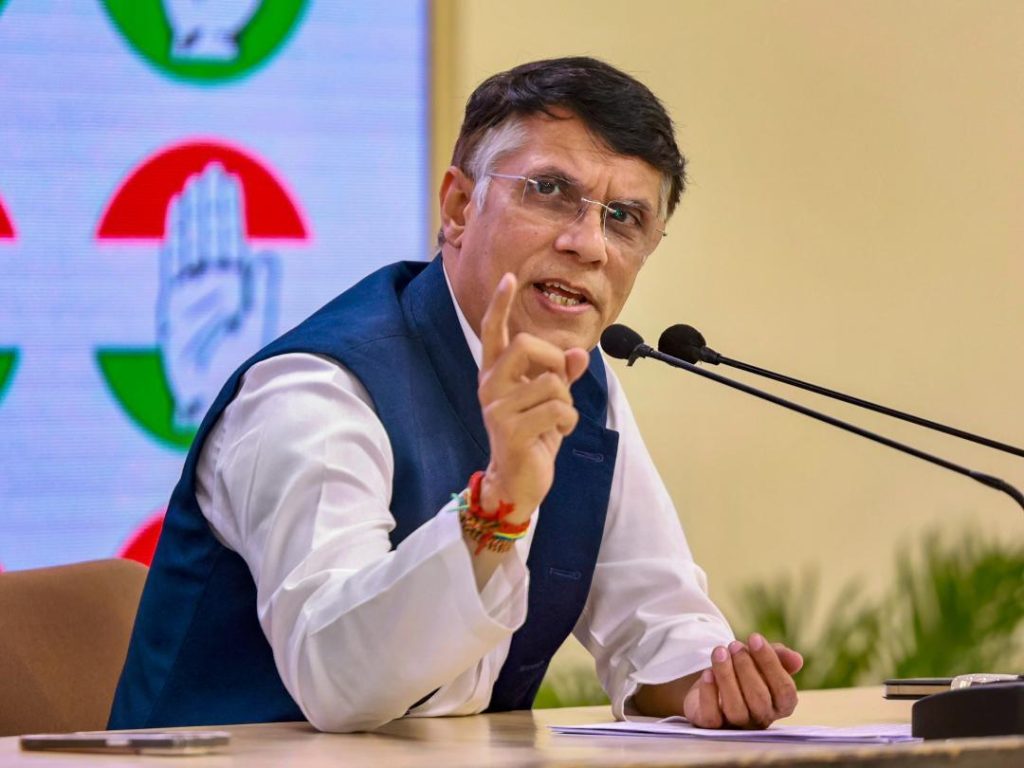
Israel Shares Map Showing J&K in Pakistan, Apologises Later
In a recent incident, the Israel Defense Forces (IDF) shared a map on social media that showed the Indian Union Territory (UT) of Jammu and Kashmir as a part of Pakistan. The map was shared on Twitter, and it quickly went viral, sparking outrage and controversy. The IDF later issued an apology, stating that the map was an illustration and did not depict precise borders.
The controversy began when the IDF shared a tweet featuring a map of the region, which showed Jammu and Kashmir as a part of Pakistan. The tweet was accompanied by a caption that read, “The Golan Heights were annexed by Israel in 1981. Since then, the international community has recognized Israel’s sovereignty over the region.” The map, however, incorrectly showed Jammu and Kashmir as part of Pakistan, which is a highly sensitive issue for India.
The map was quickly picked up by social media users, and it sparked a heated debate. Many people took to Twitter to express their outrage and disappointment, with some even calling for the IDF to apologize for the mistake. The controversy soon gained international attention, with news outlets and commentators weighing in on the issue.
Among those who spoke out against the IDF’s action was Congress leader Pawan Khera. In a tweet, Khera targeted Prime Minister Narendra Modi, saying, “Another day, another feather in Vishwaguru’s cap. His ‘friend’ shows J&K as a part of Pakistan.” The use of the term “Vishwaguru” was a clear reference to Modi, who is often referred to as the “global guru” due to his international reputation and influence.
Khera’s tweet quickly went viral, with many people agreeing with his sentiments. The tweet was also shared widely, with many people expressing their outrage and disappointment at the IDF’s mistake. The controversy soon gained international attention, with news outlets and commentators weighing in on the issue.
The IDF later issued an apology for the mistake, stating that the map was an illustration and did not depict precise borders. The apology was seen as a damage control measure, as the IDF had faced widespread criticism for its mistake. The apology was also seen as a way for the IDF to salvage its reputation and avoid further criticism.
The controversy surrounding the IDF’s map is just the latest in a long series of incidents that have highlighted the complex and sensitive nature of the relationship between Israel and India. The two countries have a long history of cooperation, but they also have significant differences when it comes to issues such as Kashmir.
The Kashmir issue is a highly sensitive topic, with India and Pakistan both claiming sovereignty over the region. The region has been the site of conflict and violence for many years, with both countries accusing each other of human rights abuses and terrorism.
In recent years, the situation in Kashmir has only become more tense, with the Indian government imposing a lockdown on the region in 2019. The lockdown was imposed in response to a decision by the Indian government to revoke Article 370 of the Indian Constitution, which granted special status to Kashmir.
The move was seen as a major blow to the Kashmiri people, who had long been seeking greater autonomy and self-governance. The move was also seen as a major escalation of the conflict between India and Pakistan, with both countries accusing each other of aggression and human rights abuses.
The controversy surrounding the IDF’s map is just the latest in a long series of incidents that have highlighted the complex and sensitive nature of the relationship between Israel and India. The two countries have a long history of cooperation, but they also have significant differences when it comes to issues such as Kashmir.
In conclusion, the controversy surrounding the IDF’s map is a reminder of the complex and sensitive nature of international relations. The map was a mistake, but it also highlights the importance of accuracy and precision when it comes to issues such as borders and sovereignty.
As the world becomes increasingly interconnected, it is more important than ever that countries and organizations be aware of the impact that their actions can have on others. The IDF’s apology is a step in the right direction, but it is also a reminder that mistakes can have serious consequences.
Sources:






